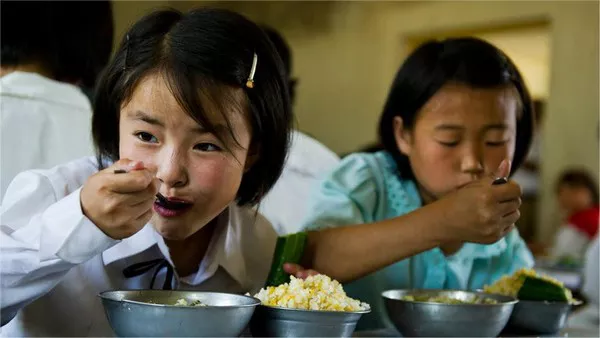In recent years, North Korea has undergone legal changes that are reshaping the role of the Workers’ Party of Korea and the state in agriculture, altering the fundamental nature of food insecurity within the country. This shift signifies a departure from a system where food access was predominantly determined by market purchasing power to one where political status plays a critical role in food accessibility. This transformation could have significant policy implications, especially if North Korea encounters another food crisis resembling the conditions of the early 1990s famine.
Historical Context
North Korea historically operated as a centrally planned economy, with the state controlling production, distribution, and consumption through a government-administered plan. However, by the 1980s, this system began to show signs of strain. The devastating famine of the 1990s led to an unintended marketization of the economy, as citizens resorted to informal trading to secure basic necessities. Despite this shift, the North Korean regime has never fully embraced market reforms or developed the necessary institutions for a modern market economy.
Current Developments
In recent years, North Korea has entered a phase of recentralization, particularly in the food sector, through legal changes aimed at increasing state control over agricultural activities. This shift marks a significant departure from the more market-oriented policies that emerged post-famine. Food insecurity in North Korea is evolving from a condition where access was linked to market participation to one where political affiliations are becoming increasingly decisive.
Policy Implications
The ongoing efforts to centralize control over the food economy could have serious consequences in the event of another food crisis. Foreign partners and humanitarian agencies may face a state-dominated model resembling the conditions of the early 1990s famine, characterized by bureaucratic challenges and limited access to vulnerable populations based on political criteria.
The evolving landscape of food insecurity in North Korea underscores the importance of understanding these shifts for future policy planning and humanitarian responses. As North Korea reasserts state control over its food system, the specter of past crises looms large, highlighting the need for proactive engagement and strategic planning to address potential humanitarian challenges.


























